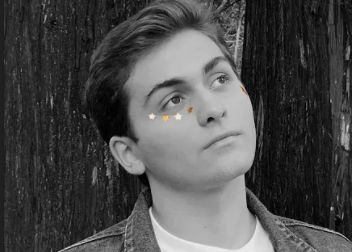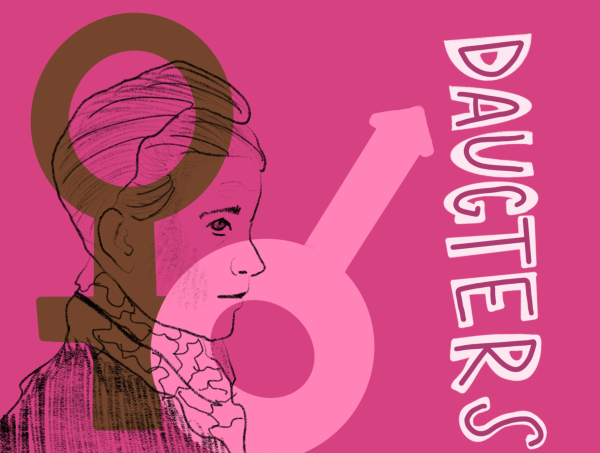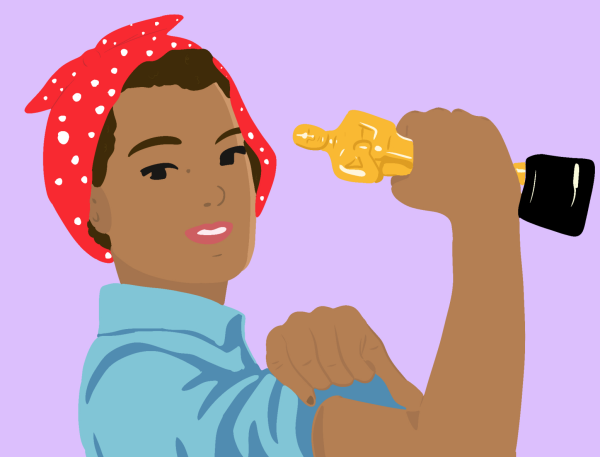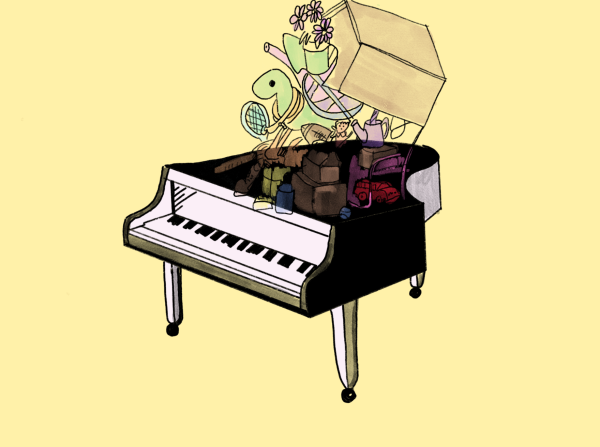“Pose” returns to Netflix for final season
March 19, 2021
Pose, a revolutionary show for queer representation, is returning for its final season on May 2. Pose (2018) is a drama series about New York’s queer, drag ball culture in the 1980s and ’90s.
The show follows trans women who serve as mothers of homeless queer children that they take into their houses. These houses attend balls — shimmering, musical events where the children of houses compete in runway walks for trophies and social grandeur. The show’s diverse cast includes stars like MJ Rodriguez and Dominique Jackson, and features the most trans characters played by real trans people in any TV show.
A common pitfall prevalent in much of the mainstream LGBTQ+ representation in media is the very damaging “queer assimilation” trope. In films and TV shows plagued by this trope, the protagonist — often a gay, white male — will do everything to assure audiences that they are normal, despite being gay. These stories often paint queer experiences in extremely white-washed ways, uphold sexist binaries and exclude POC and other branches of the LGBTQ+ community from the narrative.
Pose is a refreshing dose of queerness that is not held back at all by this assimilation trope. It is a joyous and unrestricted expression of queer artistry, accomplishing all it does unapologetically.
Beyond this, however, the show also examines extremely dark themes. The main characters survive in poverty and face discrimination at every turn. Many turn to prostitution, a highly unsafe environment for the trans women of the show. The show’s setting in the ’80s and ’90s also sees the rise of the HIV/AIDS epidemic, which many characters are personally affected by. The show highlights the contrasts between the various world’s of New York from the underground impoverished queer scene to the golden halls of Trump business.
The many new shows and movies like Pose represent an era of LGBTQ+ representation that elevates queer voices in ways that will successfully advance people’s understanding and acceptance of others.
Representation like that of Pose is essential to the future of queer media in the mainstream. Beyond simply producing better content for young queer people who need it, these projects are important tools to educate everyone about, and hopefully bring about better understanding and acceptance of, society’s most marginalized.











